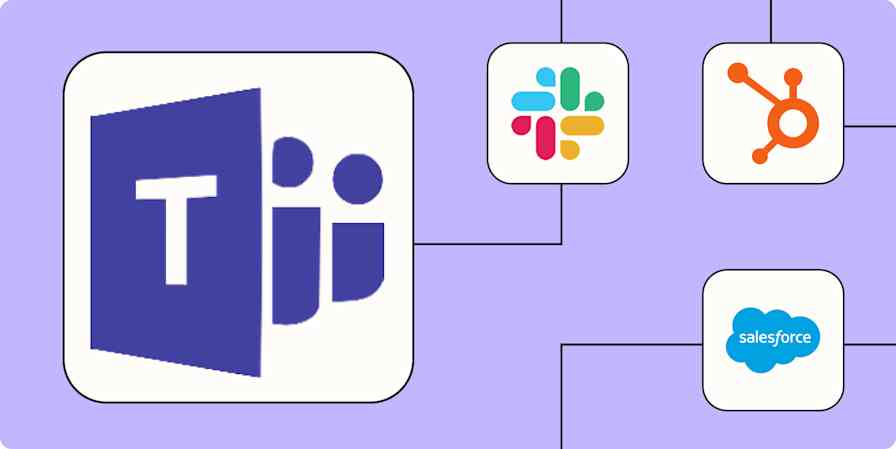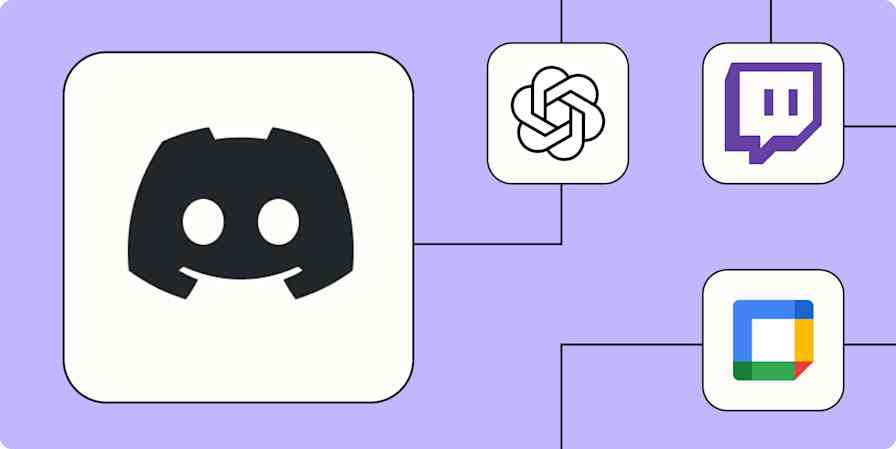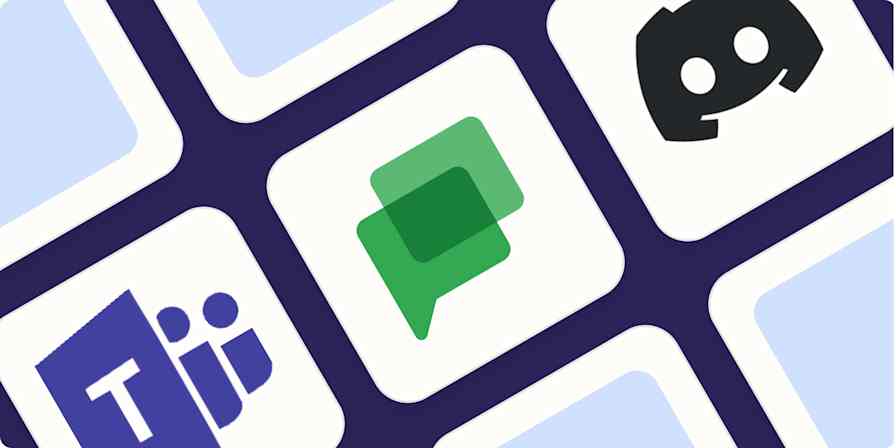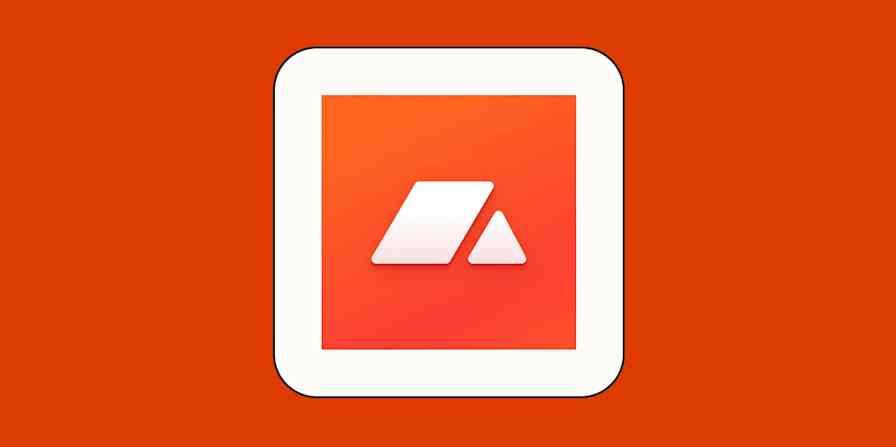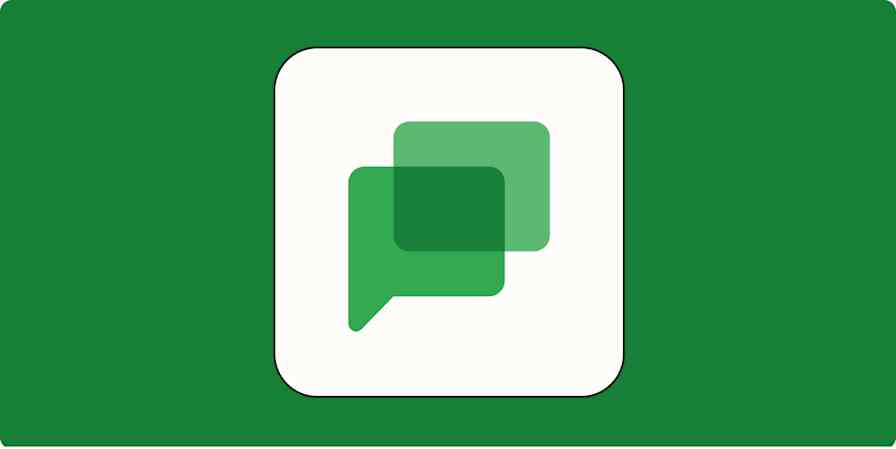Productivity tips
4 min readI turned off Slack notifications entirely. Nothing bad happened.
By Rebecca Ghazali · December 3, 2020
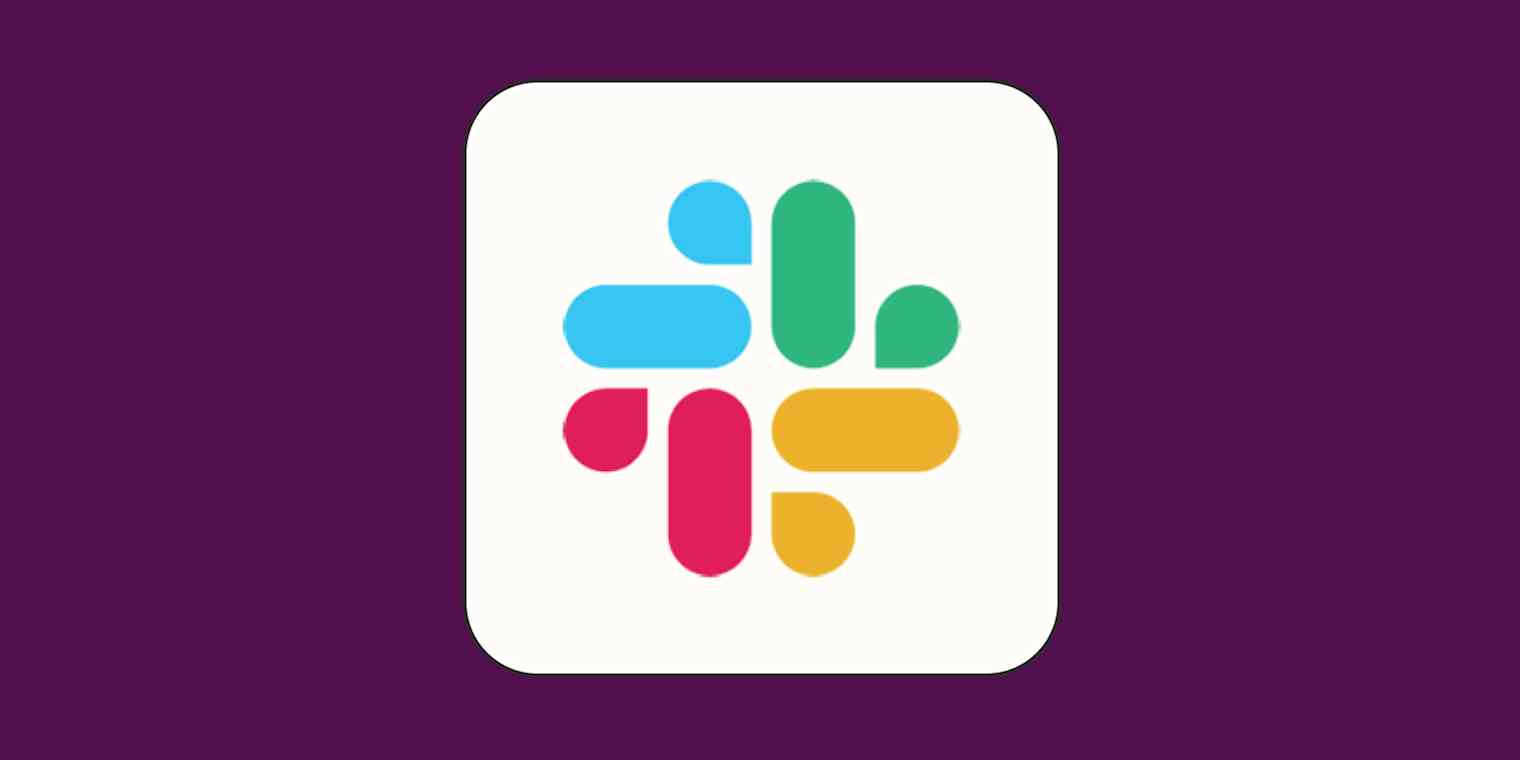
Get productivity tips delivered straight to your inbox
We’ll email you 1-3 times per week—and never share your information.
Related articles
Improve your productivity automatically. Use Zapier to get your apps working together.

